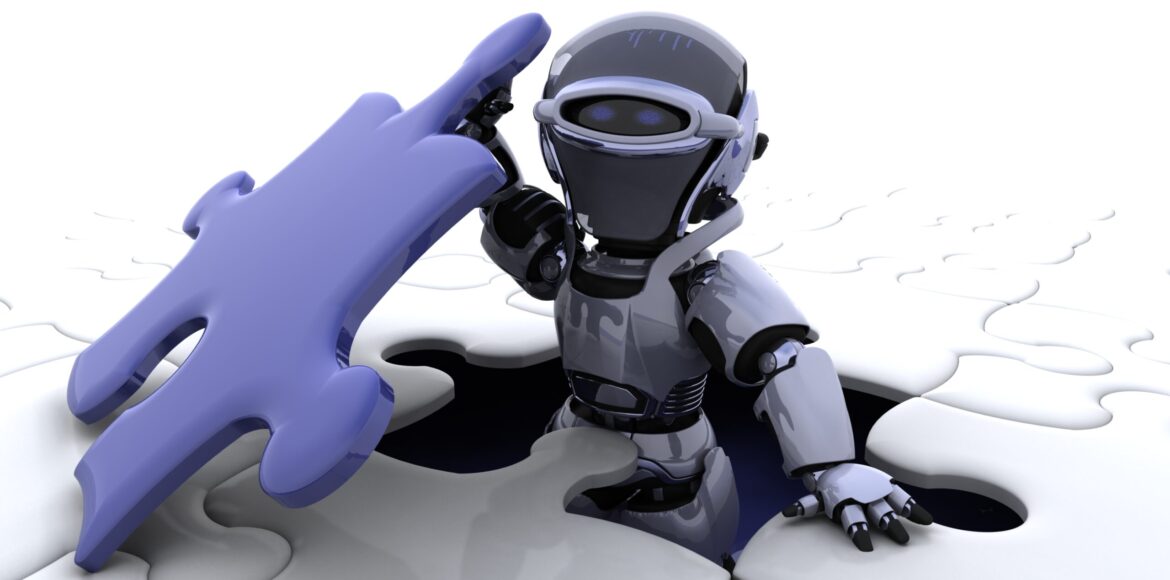
In recent years, the rise of artificial intelligence (AI) has significantly impacted the technology landscape. Among the many players in the AI space, two models have garnered attention: Claude AI and ChatGPT. These sophisticated AI models are revolutionizing how we interact with machines, perform tasks, and even create content. But what exactly is Claude AI, and how does it compare to ChatGPT? In this article, we will dive deep into these two AI systems, exploring their unique features, capabilities, and differences.
Introduction to AI and Language Models
Before we dive into a detailed comparison of Claude AI and ChatGPT, it’s essential to understand what AI language models are and how they function. At their core, AI language models are designed to process natural language input and generate human-like responses. These models leverage machine learning and deep learning algorithms, which enable them to analyze vast amounts of data and predict the most likely outcomes.
Over the years, AI language models have evolved from simple text generators to powerful tools capable of answering questions, drafting content, translating languages, and even performing creative tasks such as writing poems or composing music.
What is Claude AI?
Claude AI is a state-of-the-art AI language model developed by Anthropic, a research company focused on AI safety and alignment. Named after Claude Shannon, one of the pioneers of information theory, Claude AI is designed to understand and generate human-like text across various domains.
Claude AI is built with a strong focus on safety and ethics. One of its key differentiators is its approach to ensuring that the AI’s responses align with human values, minimizing harmful or biased output. This makes Claude AI particularly appealing for organizations and developers who prioritize ethical AI applications.
Claude AI uses advanced transformer architectures, similar to other large-scale language models, but with additional layers of interpretability and control. The goal is to create a model that not only performs tasks efficiently but also adheres to ethical guidelines, offering a safer experience for users.
What is ChatGPT?
ChatGPT is another cutting-edge language model developed by OpenAI, one of the most well-known AI research organizations. ChatGPT has become a household name thanks to its impressive ability to generate human-like text and answer a wide range of queries across different topics. Its development is based on the GPT-3 (Generative Pre-trained Transformer 3) architecture, which is among the most advanced natural language processing models to date.
ChatGPT has been trained on a vast amount of text data from books, websites, and other sources to generate responses that are coherent, contextually accurate, and often indistinguishable from those written by humans. This model is capable of holding conversations, writing essays, generating code, and performing a variety of other tasks that require natural language understanding.
ChatGPT has also evolved over time, with subsequent versions offering improved accuracy and context awareness. OpenAI has worked to refine ChatGPT’s capabilities, making it a versatile tool for developers, educators, and businesses.
Key Features of Claude AI
Claude AI brings several unique features to the table, distinguishing itself from other AI language models. Some of the key features of Claude AI include:
- Safety and Ethical Guidelines: As mentioned earlier, Claude AI prioritizes safety in its responses. It is built with mechanisms to reduce the likelihood of generating harmful, offensive, or biased content, making it a more reliable option for sensitive applications.
- User-Centric Design: Claude AI is designed to be user-friendly and adaptable to different needs. It can be integrated into various platforms and used in different contexts, whether for generating text, assisting with research, or creating conversational agents.
- Alignment with Human Values: Claude AI incorporates techniques that allow it to better align with human values. This includes ensuring that its responses are consistent with social norms and ethical considerations.
- Advanced Control Mechanisms: Claude AI’s creators have placed a strong emphasis on making the model interpretable. This allows users to better understand how the model reaches its conclusions, making it easier to trust its outputs.
Key Features of ChatGPT
ChatGPT is known for its flexibility, accuracy, and broad applications. Some of the key features of ChatGPT include:
- Contextual Understanding: One of the strongest points of ChatGPT is its ability to understand and maintain context over long conversations. This allows it to produce more relevant and coherent responses even during multi-turn exchanges.
- Multi-Purpose Functionality: ChatGPT is incredibly versatile. It can assist with everything from writing and coding to providing customer support and performing research. Its flexibility has made it a go-to AI tool for both personal and professional use.
- Training on Diverse Data: ChatGPT has been trained on a vast array of internet-based content, including books, articles, websites, and other text sources. This extensive training enables ChatGPT to generate content on a wide range of topics with considerable accuracy.
- User Interactivity: ChatGPT is designed to be highly interactive, with real-time communication capabilities. This makes it an excellent tool for engaging with users, whether in casual conversation or formal assistance.
Claude AI vs. ChatGPT: A Comparative Analysis
Now that we have an understanding of what Claude AI and ChatGPT are, let’s compare these two models across several important criteria:
1. Ethical Considerations
While both Claude AI and ChatGPT aim to create useful AI systems, Claude AI places a heavier emphasis on ethical considerations. Claude AI’s architecture is specifically designed to minimize harmful and biased outputs, making it a safer option for sensitive applications. In contrast, ChatGPT, though highly capable, has been known to sometimes produce outputs that reflect biases present in its training data.
Verdict: Claude AI leads in ethical considerations and safety protocols, making it more suitable for applications requiring high levels of trust.
2. Capabilities and Versatility
ChatGPT is known for its wide-ranging capabilities and flexibility. Whether you need it to write a blog post, generate code, or have a casual conversation, ChatGPT delivers consistent and high-quality results. Its versatility makes it ideal for a broader range of applications.
Claude AI, while also highly capable, focuses more on being a specialized model with ethical controls. While it can perform many of the same tasks as ChatGPT, it might not be as flexible in all use cases.
Verdict: ChatGPT excels in versatility and adaptability, while Claude AI is more focused on controlled, ethical usage.
3. Performance and Speed
Both Claude AI and ChatGPT are built on advanced transformer architectures, enabling them to process information quickly and efficiently. In terms of raw performance, both models perform at comparable levels when it comes to speed and text generation capabilities.
However, due to its advanced control mechanisms, Claude AI may require more computational resources, potentially slowing down its response time in certain contexts.
Verdict: ChatGPT likely has a slight edge in terms of speed and real-time performance, but both models are highly capable.
4. Safety and Control
As mentioned earlier, Claude AI excels when it comes to safety and ethical safeguards. It includes features specifically designed to prevent harmful or biased content generation, making it an excellent choice for developers and businesses that prioritize responsible AI.
ChatGPT, on the other hand, has faced criticism in the past for generating inappropriate or biased content, although OpenAI has made significant improvements to address these concerns in recent updates.
Verdict: Claude AI leads in safety and ethical control mechanisms, offering a more trustworthy platform for sensitive applications.
5. Use Cases and Applications
ChatGPT has a wider range of applications, making it suitable for casual use, business integration, customer service, and more. It can be employed in a variety of industries, from healthcare to finance.
Claude AI, while also adaptable, may be better suited for use cases where safety, ethics, and alignment with human values are of utmost importance.
Verdict: ChatGPT wins in versatility and general application, while Claude AI is more specialized in ethical and safety-sensitive environments.
Conclusion
Both Claude AI and ChatGPT are cutting-edge models that have revolutionized the field of artificial intelligence. While ChatGPT is known for its versatility, speed, and extensive use cases, Claude AI stands out due to its strong emphasis on safety, ethical considerations, and alignment with human values.
Ultimately, the choice between Claude AI and ChatGPT will depend on your specific needs. If you’re looking for a flexible, multi-purpose AI model, ChatGPT is an excellent choice. However, if ethical considerations and safe AI output are your primary concerns, Claude AI is the better option. Regardless of the model you choose, both are powerful tools that will continue to shape the future of AI and how we interact with technology.




